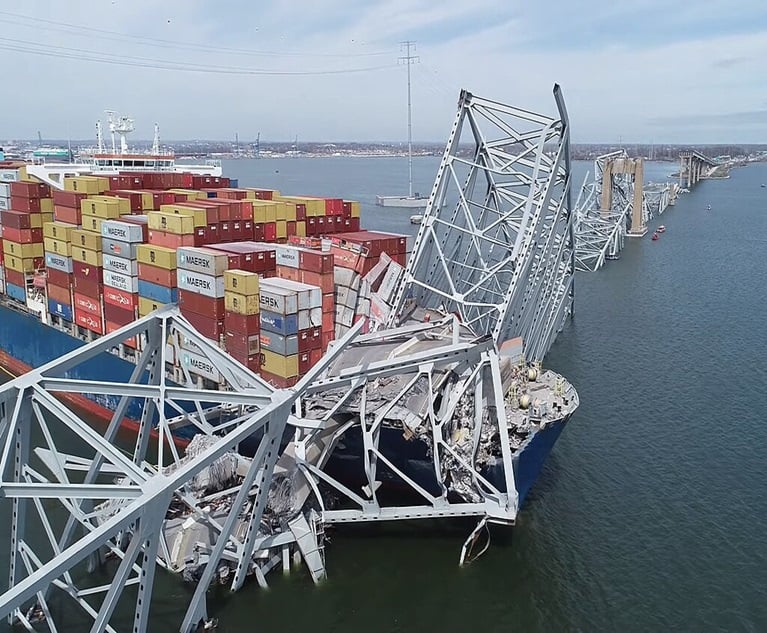The president of a fraud detection and risk management firm, whopreviously gained prominence investigating public constructionfraud, warns that insurers and their clients are losing vast sumson private building project scams.
|The losses, said Thomas D. Thacher, president and chiefexecutive officer of New York-based Thacher Associates, could beavoided if insurers and risk managers were more proactive invetting contractors.
|According to his company's research, fraud in excess of $1billion occurs annually within the construction industry, and ofthat, tens of millions relate to insurance fraud. The firm saysthis is a conservative estimate, noting that construction insurancefraud involves surety bonds, workers' compensation, generalliability, wrap-up insurance and broker-related fraud.
|By doing advance checking, "in the long run, they [insurers]would save enormous amounts of money," said Mr. Thacher, whoformerly served as vice president and inspector general of the NewYork City School Construction Authority.
|In particular, he discussed the fraudulent activities that canvictimize projects where all contractors on the job are insured byowner-controlled insurance policies (OCIP) providing wraparoundcoverage.
|One of the ways in which project developers can be hurt, hesaid, is that contractors may put in injury claims for workers whoare actually hurt on another job site where they have workersemployed.
|Frequently, noted Mr. Thacher, it is difficult to track thecomings and goings of everyone on a large construction site, andpreventing such scams involves careful monitoring and examinationof sign-in sheets. "It's an intense investigative piece," he said.Often, he added, there is no checking of certificates ofinsurance.
|Turning from workers' comp and liability to surety issues, hesaid that when it turns out there is a failure of a contractor'sperformance bond, the burden then falls on the project'sinsurer.
|As evidence that insurers are failing to look closely enough atcontractors, Mr. Thacher said that during his time with the SchoolConstruction Authority, the agency was able to debar 290contractors--and of that group, "every one had a surety bond."
|The debarred contractors were kept off the job for a myriadnumber of reasons, including organized-crime ties, fraudulentactivity, environmental violations and other criminal activity, aswell as prevailing wage-law violations.
|In general, Mr. Thacher said carriers' claims departments wouldfavor advance screening of contractors with which they run intoproblems, but the underwriting side of the business is socost-conscious that "you don't have insurers doing this kind ofintegrity vetting."
|Another misdeed involving contractors his firm has noticed isthat they may quietly substitute a second-tier subcontractor soinsubstantial the address of the subcontractor is a vacant lot.Project owners, he said, need to have good controls and riskmanagement that does checking for fraud and job-sitemonitoring.
|Highlighting a different kind of fraudulent activity, Mr.Thacher noted that one of the most common scams related toconstruction risk is for a small company to set itself up as asurety firm, with little or no resources to pay claims--just a"legal department. Claims are routinely denied, and then fought byin-house lawyers, according to Mr. Thacher.
Want to continue reading?
Become a Free PropertyCasualty360 Digital Reader
Your access to unlimited PropertyCasualty360 content isn’t changing.
Once you are an ALM digital member, you’ll receive:
- All PropertyCasualty360.com news coverage, best practices, and in-depth analysis.
- Educational webcasts, resources from industry leaders, and informative newsletters.
- Other award-winning websites including BenefitsPRO.com and ThinkAdvisor.com.
Already have an account? Sign In
© 2024 ALM Global, LLC, All Rights Reserved. Request academic re-use from www.copyright.com. All other uses, submit a request to [email protected]. For more information visit Asset & Logo Licensing.








